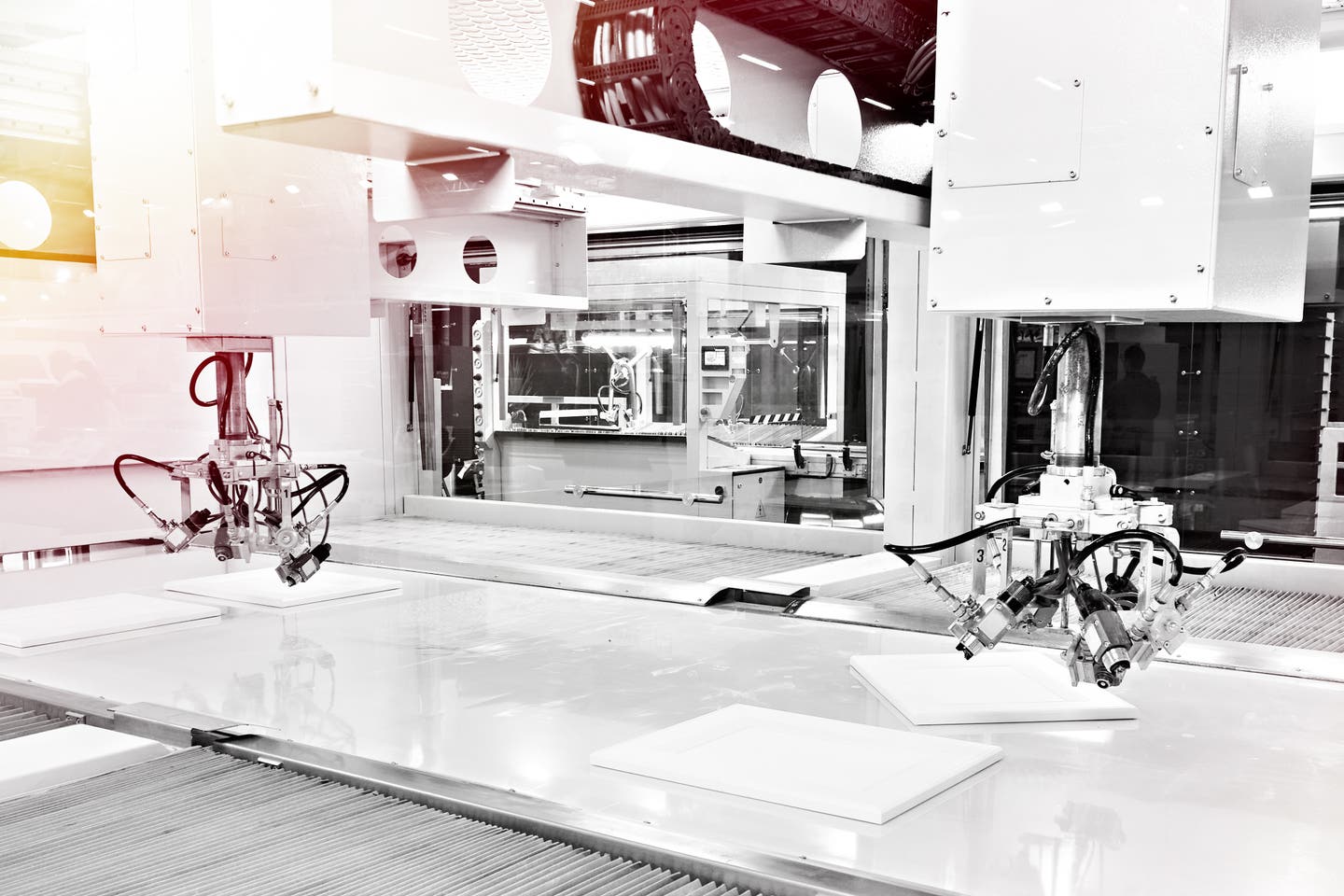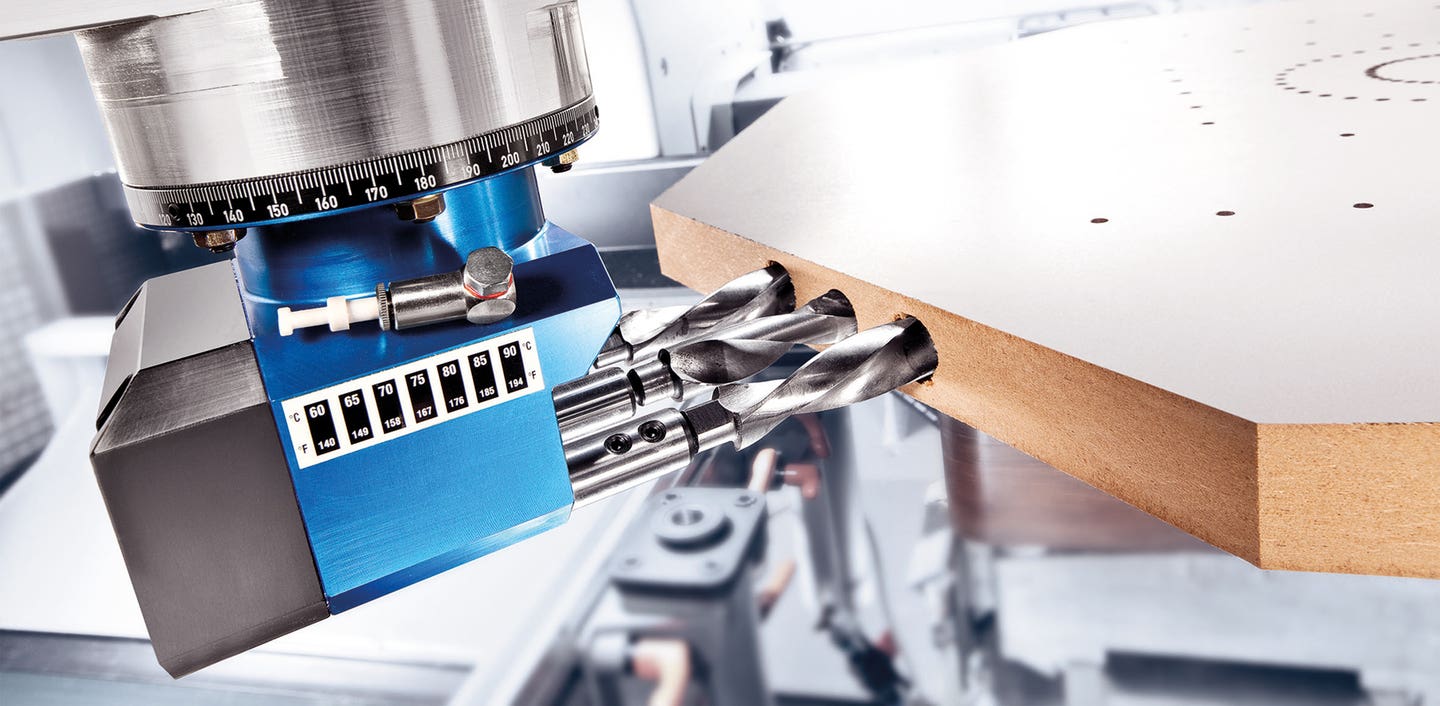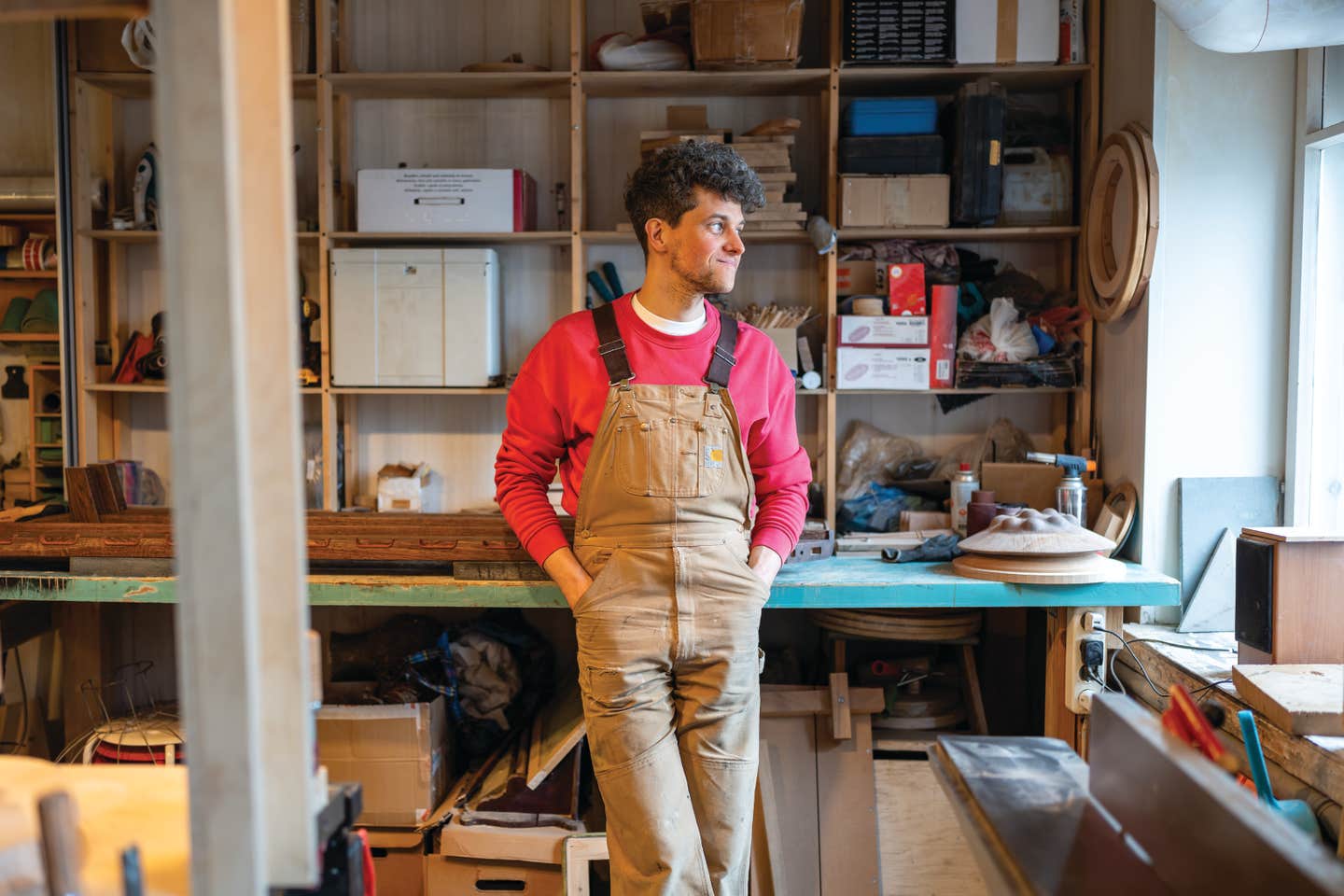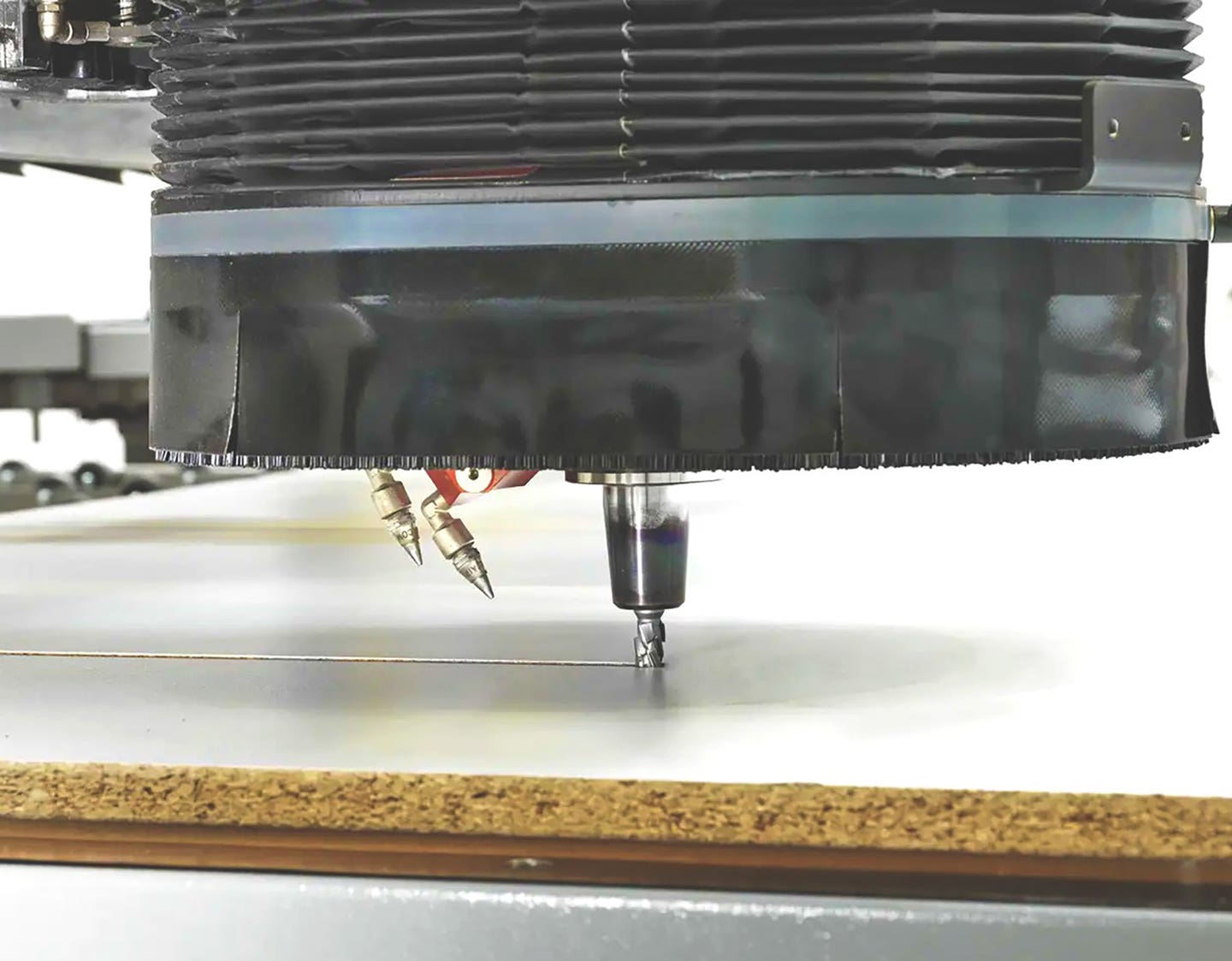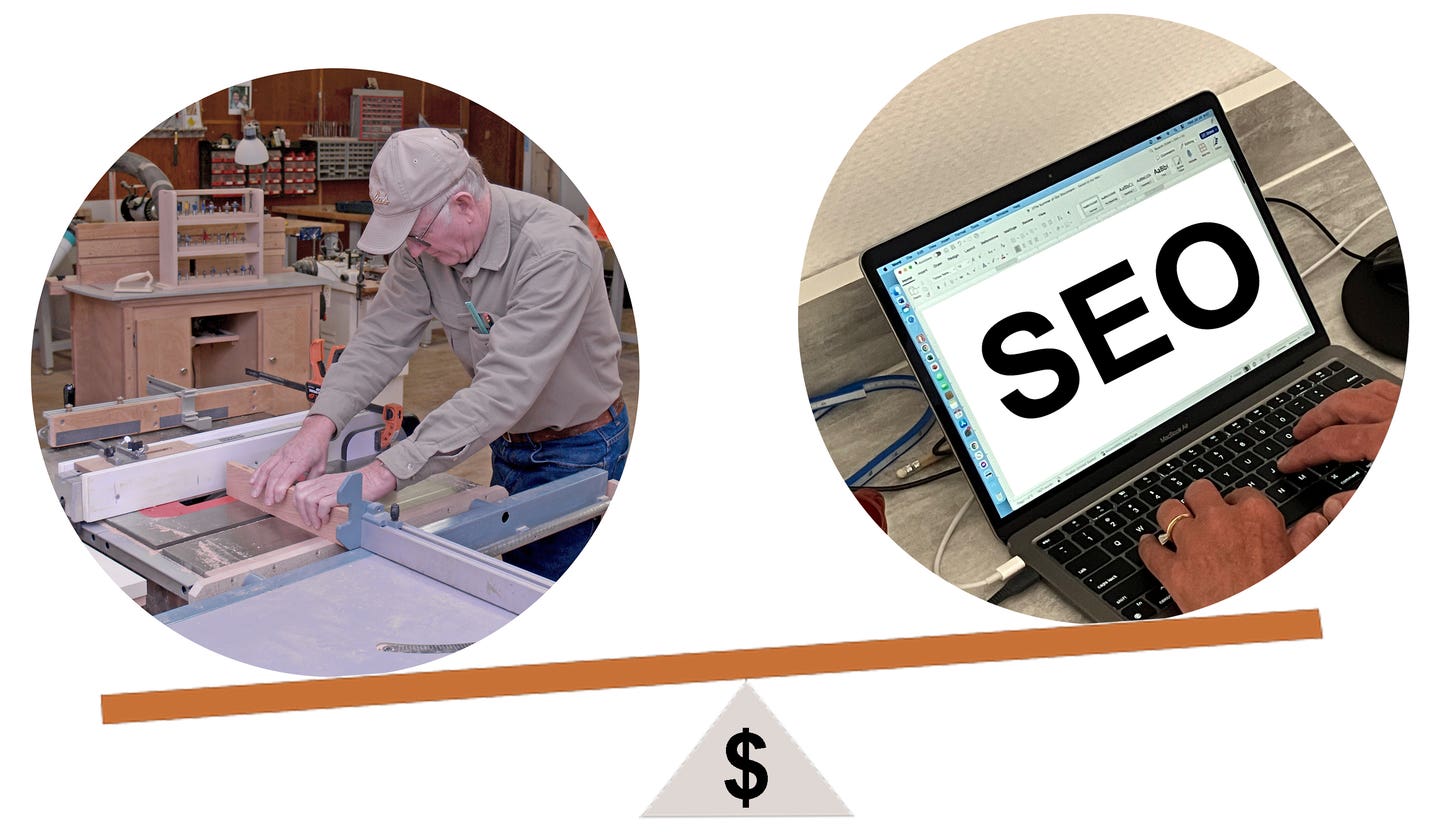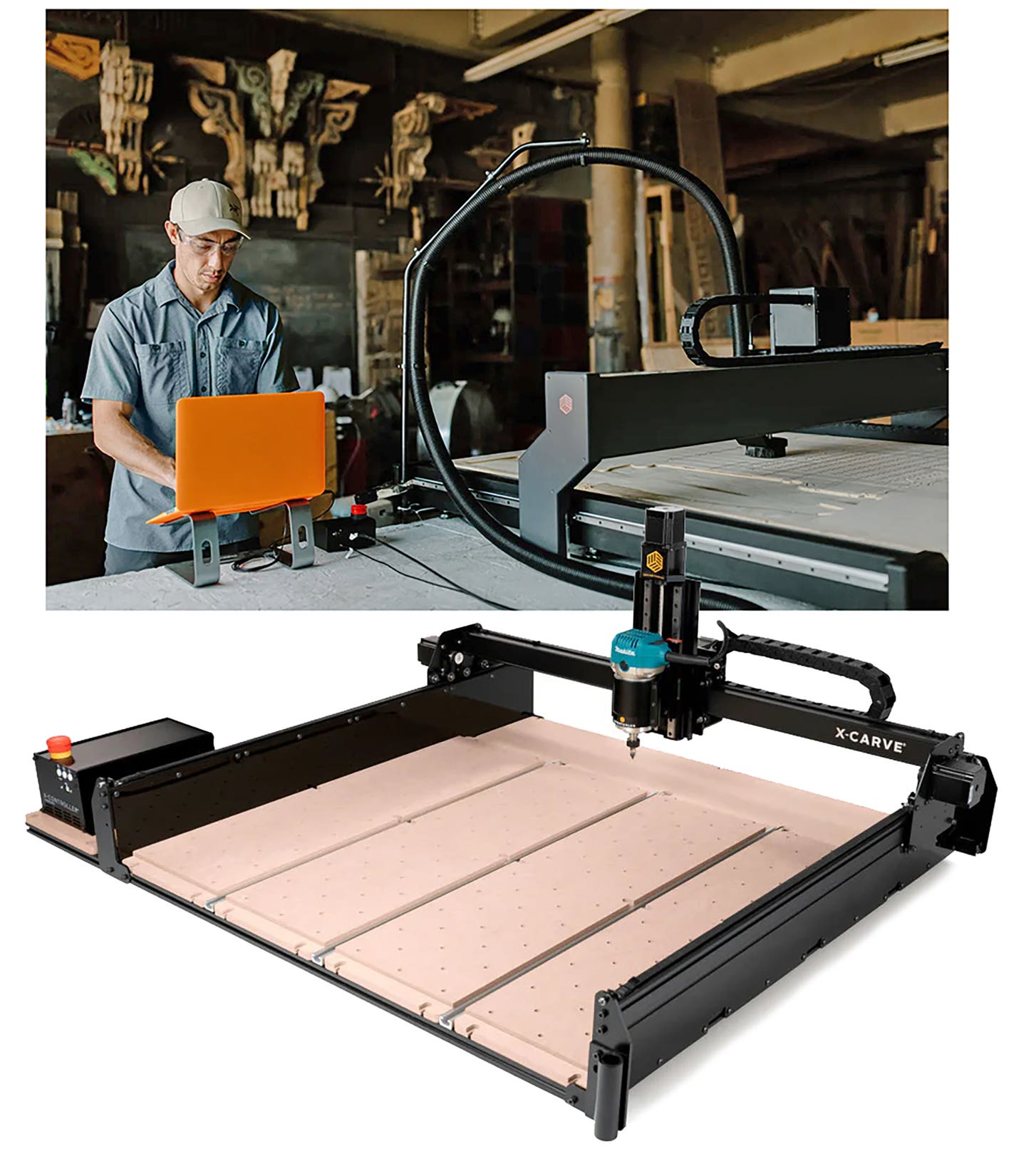Competitive nature
Focused on offering the highest quality products, owner and founder Stephen Kearns strives to combat the stiff competition he faces by harnessing the company’s strengths, namely sophisticated technology and stellar…
Focused on offering the highest quality products, owner and founder Stephen Kearns strives to combat the stiff competition he faces by harnessing the company’s strengths, namely sophisticated technology and stellar craftsmanship. He says the biggest threats to his business are commercial door and window manufacturers and other shops trying out this specialized niche.
“Like all people in the building trades, we were hit very hard by the downturn in the economy. One of the things that occurred was that there were other people importing less expensive windows from offshore — Eastern Europe in particular. We also faced competition from other woodworkers that weren’t really interested in this business, but tried to break into the market because they were struggling and thought they could attract a high-end clientele by going this route,” says Kearns.
The company completes roughly 15 to 25 jobs per year, which can include anything from a single door to a whole home package. Last year, the crew finished renovating a 25,000-sq.-ft. house in Nantucket, Mass., which it had been working on for two years, and an 8,000-sq.-ft. apartment in Manhattan.
A passion for the trade
Originally from New York, Kearns worked at several shops until he moved to Boston and started his own company in 1987. About two years prior to that, he moved to Germany to apprentice with a door and window manufacturer who taught him the process of building European doors and windows in exchange for teaching the man’s son how to read and speak English. Kearns learned all about tilt-turn windows, lift and slide doors, Euro profiles, multi-point locking and more, and brought his knowledge back to the United States.
He set his heart on crafting the most beautiful and durable windows and doors, and improving the overall comfort of clients’ homes by eliminating air infiltration, controlling heat movement, reducing sound transmission and contributing to an overall feeling of substance and quality.
“I wanted to work in solid wood. Furniture making is a very difficult business to make a living and I didn’t want to do cabinetmaking where I’d be working with materials other than wood. The architectural woodworking shops I worked in were big shops and were downsizing because of the economy and changes in the way house building was done, but the one thing that hadn’t changed was custom windows. They were still a viable element of the job and were selling like crazy.”
Clients first, always
About 95 percent of the company’s work is done for high-end residential clients primarily from New York City up through coastal Maine, as well as some rural locations in Vermont and New Hampshire.
Most jobs are initiated by one of 30 architectural firms the company works with on a regular basis. About 10 percent of work comes directly from homeowners and these are generally individuals with second homes out West or in the Caribbean Islands. The remaining commercial sector is done almost exclusively for restaurant owners wanting features like folding doors to give their storefront businesses a better visual presence to customers. Kearns easily prefers residential work.
“I’ve just always liked residential work more because it’s on a scale that’s easier to relate to. These are homes and we live in homes ourselves so it’s very easy to imagine ourselves living in these homes.”
Pricing can be anywhere from $3,000 to $5,000 for a folding door or in the $1.5 million to $2.5 million range for a whole home package.
“Ninety percent of our homes are for people that are quite wealthy, but also we work in energy-efficient homes and passive homes, which is an energy-efficient concept out of Germany. We also work with lots of people whose children have gone off to college and want to update their homes.”
Kearns says that putting customers first pays off. At the end of each job, everyone expresses their satisfaction with him and the architects and builders involved. Still, he feels that one of the greatest challenges he faces is educating customers about the value of buying from a local business that’s committed to the product for the long term.
“We spend a lot of time trying to educate our customers to why they’re getting value for this. People are more protective of their hard-earned money because of what they’ve experienced. I feel honored to be chosen to do these projects.”
Projects and production
Kearns purchased his 14,000-sq.-ft. shop about seven years ago. The former bakery is packed with about $4.5 million worth of machinery, which includes numerous older European machines. He plans to invest about $2 million in machinery in the next five years.
The current inventory includes a SCM Routech CNC router; Weinig Quattromat planer molder; Kündig sander; Martin shaper; Panhans table saw, shaper, jointer and planer; Hoffmann double miter saw; Diehl rip saw; Stegherr cross-joint milling machine; Orma frame clamp and Leitz tooling.
Given the abundance of sophisticated machinery on the premises, it should be no wonder why designs tend to be on a dynamic spectrum ranging from staunchly traditional to borderline futuristic. Contemporary preferences prevail, but traditional designs are still fairly prevalent, particularly in the Boston area.
“We are very strong on contemporary designs, but we’re known for our traditional work such as giant-size sliding doors and window assemblies.”
The most popular woods used are mahogany and teak for their durability. Local woods such as white oak, ash and poplar are also requested regularly. Acrylic finishes are used exclusively because they are environmentally friendly.
There are currently 13 employees in the shop and that fluctuates in accordance with the volume of work coming in. Included with that is an in-house design and engineering staff. All live within five miles of the shop and receive a handful of standard benefits such as paid vacation and retirement plans. The shop also has access to crews of sub-contracted installers in Massachusetts, Connecticut and New York on an as-needed basis.
Growth and development
Kearns says he would like to grow the business little by little by getting some bigger projects. He also wants to expand the shop by another 10,000 sq. ft. during the next two years.
“With our new CNC machine, our variety of product has changed tremendously. For 25 years, we made 68 mm windows of the European style, tilt turn, now with the new machine we are making outswing casements, double-hung windows and overall doing more traditional windows.”
He also wants to continue pursuing new marketing efforts. “We are interested in getting business a little more stable. We have a person helping us with our website and a project manager helping develop new projects. We were very lean in our management in the past.”
Kearns spends very little time in the office these days. He is usually in the shop or in the field with contractors and clients. He is grooming certain employees to learn all aspects of the business so he can one day hand it over to other qualified people in the company.
“I hope not to retire, but when you get to a certain age, you ask yourself what you are going to do with the business. I know that I will sweep the floor if nothing else. I’m just exploring ways to make it so people here can take over business and continue on with it when I’m older.”
Contact: Architectural Openings, 16 Garfield Ave., Somerville, MA 02145. Tel: 617-776-9223. www.archop.com
This article originally appeared in the April 2013 issue.


